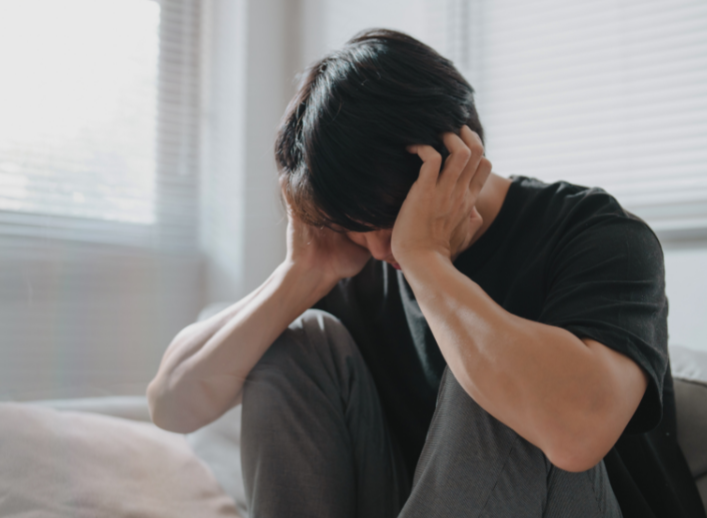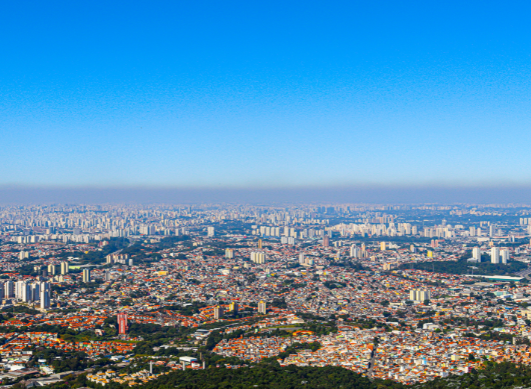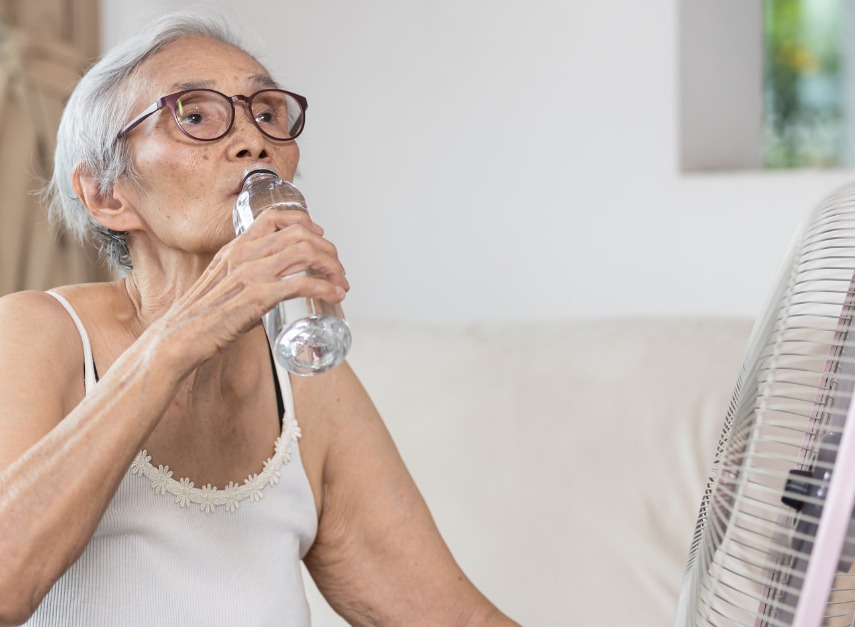How to manage your COPD triggers
Published Jan 24, 2019

Certain factors can cause symptoms of chronic obstructive pulmonary disease to grow more severe. Identifying and finding ways to avoid these triggers can help.

Importance of identifying triggers
Air pollution and inhaled irritants can trigger COPD symptoms. Certain factors can trigger or worsen symptoms of COPD, such as:
inhaled irritants
extreme weather
another illness or infection
When a person has a flare-up of symptoms, it is important to identify any possible causes. Keeping a symptoms diary can help.
Managing common COPD triggers
Flare-ups do not always have an obvious cause, but doctors recognise that the following often trigger COPD symptoms:
Cigarette smoke
According to the American Lung Association, smoking is responsible for 85–90 percent of all cases of COPD, and inhaling tobacco smoke can worsen existing symptoms of COPD.
Over time, smoking damages the lungs by causing inflammation, narrowing the air passages, and destroying the air sacs. In people with COPD, smoking can irritate the airways, increase the risk of lung infection, and speed up the disease's progression.
A person COPD should quit smoking, and a doctor can advise about programs and medications that can help. It is also important to avoid secondhand smoke.
Cold, hot, or humid weather
Extreme weather can trigger COPD symptoms in some people.
In a 2017 study, researchers asked 106 people with COPD to record their symptoms, the humidity level, and the temperature each day for about a year and a half.
The researchers found that low temperature and high humidity were likely to trigger COPD symptoms in participants.
The researchers recommended that people with COPD prevent the temperature indoors from dropping below 18.2°C (64.8°F) and ensure that the humidity level stays below 70 percent. A dehumidifier can help reduce indoor humidity.
People with COPD should also consider limiting the time spent outdoors in very hot, cold, or humid weather.
When venturing outdoors in cold weather, it can help to cover the mouth and nose with a scarf or cold-air mask.
Air pollution
Pollutants such as car fumes, chimney smoke, pollen, and dust can irritate the lungs and airways. Research indicates that air pollution can cause sudden flare-ups of COPD symptoms and increase the risk of complications and even death.
To reduce exposure to air pollution, check daily air quality forecasts. If possible, limit the time spent outdoors when the air quality is poor and avoid rush-hour traffic.
High ozone levels may also contribute to symptoms of COPD. Ozone levels tend to rise in the afternoons and during the summer. It can help to plan outdoor activities in the morning, when ozone levels are likely to be lower.
Respiratory infections
Common respiratory infections can worsen COPD symptoms.
Because COPD damages the lungs, it increases the risk of respiratory infections, including colds, the flu, and pneumonia. These issues are also more likely to become severe and lead to complications.
Respiratory infections can also cause COPD symptoms to flare up.
The Centers for Disease Control and Prevention (CDC) recommend that people with COPD get vaccinated against pneumococcal diseases and receive an annual flu shot. A person's doctor may also recommend other vaccinations.
Washing the hands frequently, practicing good overall hygiene, and keeping away from people with respiratory infections can reduce the risk of becoming infected.
Dust and fumes
Inhaling dust, fumes, or chemicals can irritate the lungs and lead to difficulty breathing.
In a 2015 study that included 167 people with COPD, more than half the participants reported that certain household chores and chemicals made their symptoms worse. These triggers included:
sweeping, dusting, and vacuuming
cleaning products
perfumes
scented products, such as candles, bug spray, and hair products
wood smoke
People with COPD should avoid inhaling products that irritate the lungs or worsen symptoms. When cleaning or using chemicals, keep the area well ventilated, take regular breaks, and consider wearing a protective mask.
General tips for managing COPD
In addition to avoiding triggers, the following tips can help a person manage their COPD symptoms.
Taking medications correctly
A person should only use COPD medication as directed.The range of prescription medications for COPD includes:
short-acting and long-acting bronchodilators
inhaled steroids
oxygen therapy
It is important to understand exactly when and how to take these medications. A person should use some only when needed, for example, to treat a sudden flare-up.
A person may need to take other medications once or twice a day, but these cannot provide quick relief in the event of a flare-up.
Also, not all inhalers work in the same way. Always follow a doctor's instructions. They can also show someone the correct technique for using a specific type of inhaler.
Learning to cough effectively
COPD can cause mucus to thicken, making it difficult to bring up in a cough.
If mucus remains in the lungs, it can make breathing difficult and increase the risk of infection. A healthcare provider can advise about the most effective ways to bring mucus out of the lungs.
Maintaining a healthy lifestyle
For people with COPD, focusing on maintaining overall health can increase energy levels, reduce the risk of infection, and enhance the quality of life.
It can help to:
maintain a healthy weight
eat a well-balanced diet that includes plenty of lean protein, vitamins, and minerals
get a little exercise each day, such as walking, cycling, or swimming
get at least 7 hours of sleep each night
Attending pulmonary rehabilitation
Pulmonary rehabilitation classes combine a monitored exercise program with education on lung disease.
What do you do to manage your triggers? What are your triggers?
Medical News Today
6 comments





 Facebook
Facebook Twitter
Twitter




